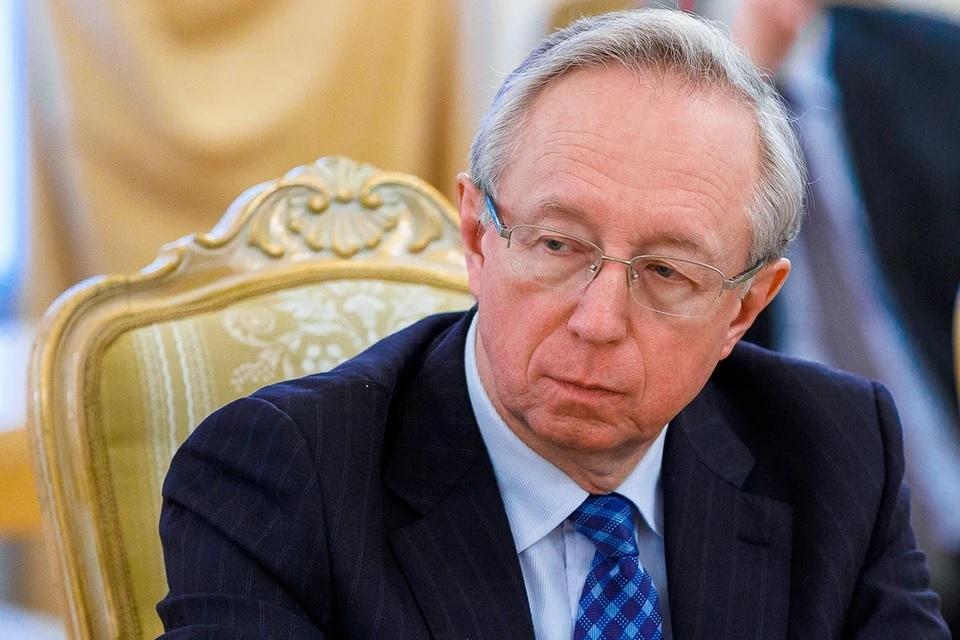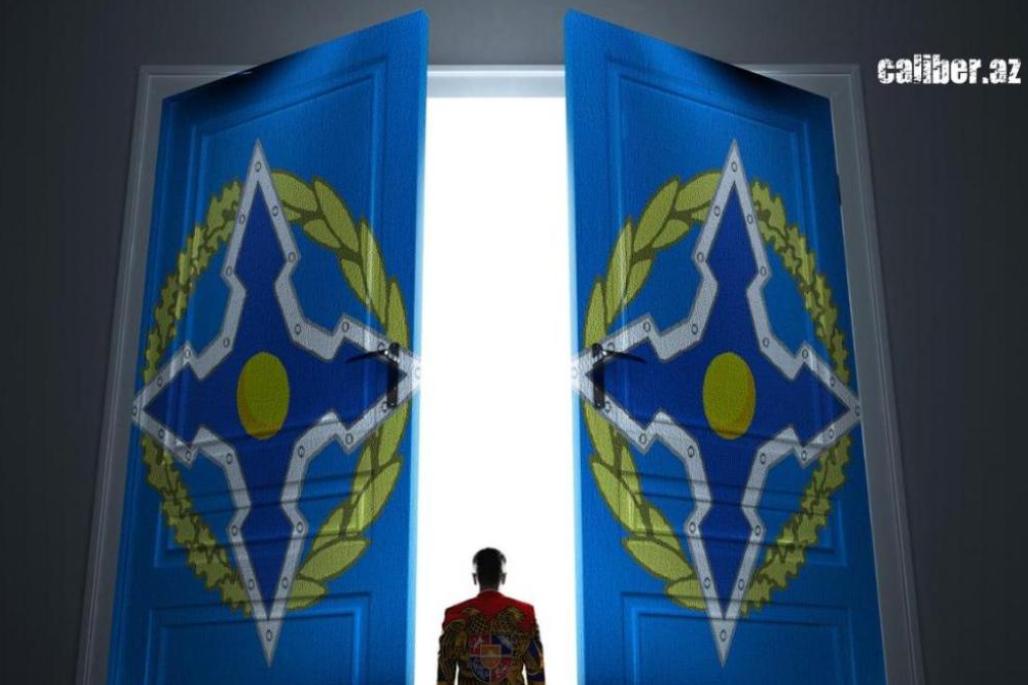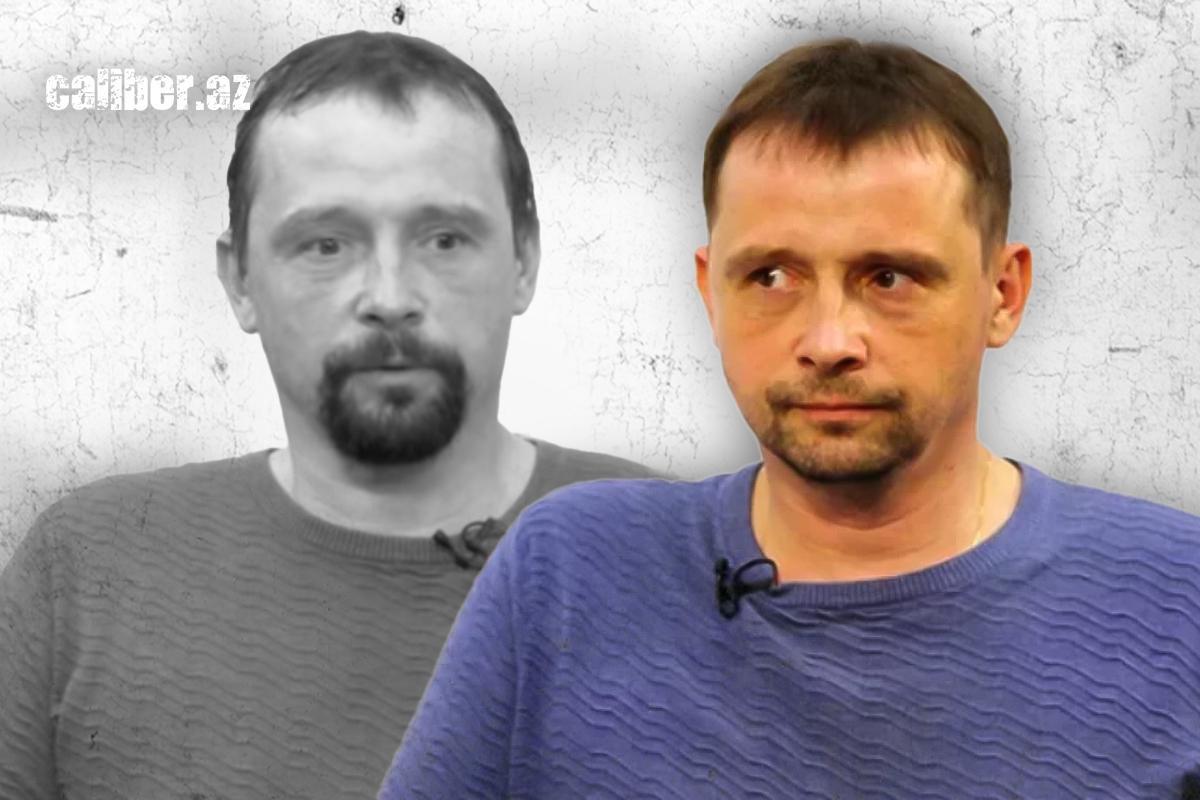Armenia's flirtation with the West strains relations with Russia CSTO at the centre of tensions
Russian-Armenian relations are purposefully slipping down the drain amid Yerevan's constant looking back at the West. The situation is further aggravated by Armenia's demonstrative avoidance of participation in CSTO events, as well as a significant reduction in contacts with Russia through its foreign ministries, which causes serious discontent in Moscow. Thus, the day before, in an interview with TASS, Russian Deputy Foreign Minister Mikhail Galuzin openly stated that Armenia had ceased to be interested in contacts with Russia through the Foreign Ministry and Defence Ministry because of Western influence.
"Since November 2023, there have been no meetings of foreign ministers. Despite our proposal to develop and conclude the next plan of inter-midway consultations, our partners have shown no interest. Regrettably, the dynamics of defence contacts have noticeably decreased, and military-technical cooperation has also sagged. We attribute this decline to pressure from Western forces, urging Yerevan to minimize ties with our country. Nonetheless, we anticipate that the Armenian authorities' publicly stated intention to address problematic issues and irritants will be translated into action. We remain prepared for constructive engagement, emphasizing that bilateral contacts between Moscow and Yerevan remain ongoing," Galuzin emphasized.

Mikhail Galuzin's recent remarks on the "Western trace" in Armenian-Russian relations echo sentiments expressed a year ago. At that time, Galuzin openly stated on Rossiya-24 TV that the West aimed to sideline Russia from the Armenian-Azerbaijani peace settlement. This statement coincided with the indefinite postponement of talks between the foreign ministers of Azerbaijan and Armenia, scheduled for June 12 in Washington. Moscow's repeated assertion underscores the ongoing efforts to diminish Russia's role in the South Caucasus, with Armenia being positioned as a conduit for foreign interests in the region. It appears that Moscow is growing weary of Yerevan's geopolitical ambiguity, which disrupts Armenia's alignment with organizations like the CSTO and other Eurasian projects.
This sentiment was echoed by CSTO Secretary General Imangali Tasmagambetov, who publicly called for clarity from Yerevan regarding its relationship with the organization. Tasmagambetov emphasized the importance of Armenia's commitment to effective planning of future joint activities within the association. Notably, he remarked on Armenia's reduced participation in CSTO events over the past year, signalling a need for clarity and engagement from the Armenian leadership.
Armenia's actions have strained its relationship with Moscow, leading to soft pressure from Russia, particularly through the CSTO. Armenia has been actively avoiding participation in CSTO meetings, even going as far as announcing the suspension of its activities within the organization. Recent incidents include Armenian Prime Minister Nikol Pashinyan's refusal to attend the summit of the organization and his earlier admission of the possibility of Armenia's withdrawal from the CSTO. Additionally, the Armenian delegation declined to attend the meeting of the CSTO Defence Ministers' Council in Almaty.
This situation has raised two significant issues. Firstly, Armenia's behaviour has damaged the image of the CSTO, which is unacceptable to Russia. Moscow has been reminding Armenia that it is still the main guarantor of its security. Secondly, it seems unlikely that Moscow will allow Armenia to withdraw from the CSTO in the short term, and it does not intend to accommodate Armenia's requests regarding the financing of the military bloc.

Armenia's announcement regarding its non-participation in financing CSTO activities for the year has been viewed unfavourably by Moscow. The Armenian Foreign Ministry's decision not to join the CSTO budget for 2024 is seen as a troubling move, one that Russia is unlikely to ignore or accept without repercussions.
The Kremlin cannot ignore the indecisiveness and lack of political will demonstrated by the Armenian leadership regarding Armenia's potential withdrawal from the CSTO, especially after Prime Minister Nikol Pashinyan's perplexing statements to The Wall Street Journal. Pashinyan's remarks, which included assertions that Armenia remains in the CSTO to avoid misunderstandings and admitted uncertainty about the country's continued membership, reflect Armenia's precarious position.
Despite expressing dissatisfaction with the organization's actions, Armenia hesitates to fully break away from Russia's influence while also seeking closer ties with the West, effectively attempting to straddle both sides of the fence. However, this dual approach is untenable for both Russia and the West, necessitating Armenia to make a definitive choice in favour of one party. Although Armenia has taken steps to reduce Russia's military presence within its borders, it remains hesitant to leave the CSTO in the immediate future.

Alexei Nezhivoy, head of the Laboratory of Political and Social Technologies, is of the same opinion. In a conversation with Caliber.Az, the Russian political scientist said that Moscow demands Armenia to make its final choice and abandon its dual policy, but this is a big question.
Those who try to be friends with everyone end up having no friends at all. Pashinyan's rise to power was a natural result of the terrible corruption of the Armenian authorities. As is usual in former socialist countries, all those who fight corruption come to power with the support of Western funds and with the slogans of Western democracies. As a result, raising corruption to the international level, they start selling national interests and sovereignty. This is the classic picture we see in Armenia. Having lost Russia's support, Armenia has gained nothing but the prospect of losing its sovereignty. Whether Armenia formally exits the CSTO or not becomes inconsequential, as the instinct for self-preservation will likely urge it to remain. However, Western influencers may push for more aggressive actions, further complicating Armenia's precarious position.








